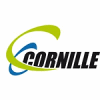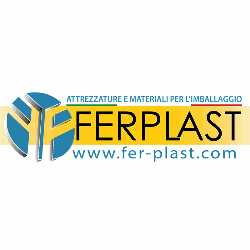- europages
- >
- ĮMONĖS – PREKIŲ TIEKĖJAI – PASLAUGŲ TIEKĖJAI
- >
- waste collection
Rezultatai
Waste collection
PrancūzijaRenas - Bretanė
Interaktyvus srities žemėlapis
Dažniausiai sektoriuje ieškomos įmonės
Filtrai
Rezultatai
Waste collectionRezultatų skaičius
3 ĮmonėsImonės tipą



